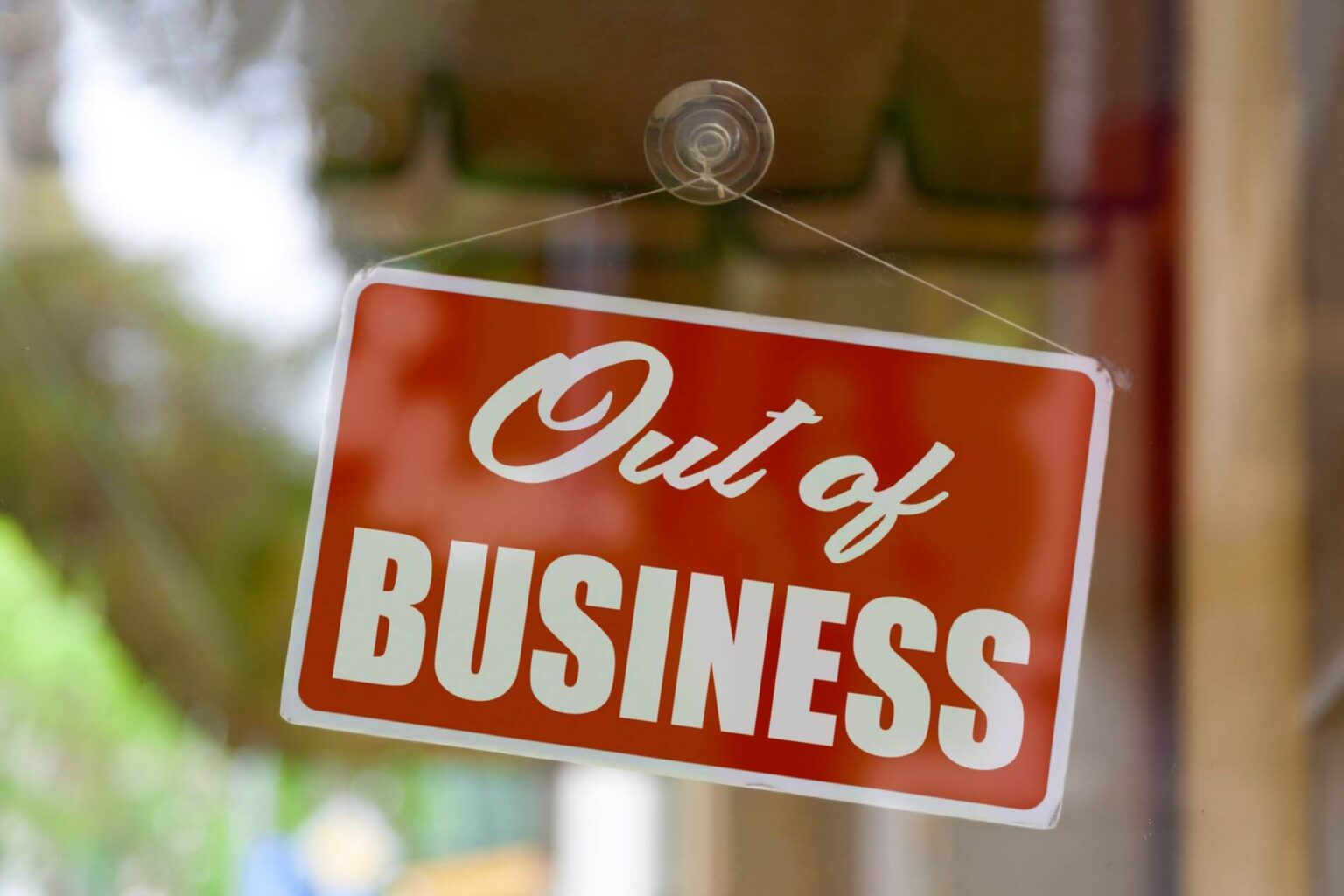When the government announced increases to employer National Insurance Contributions (NICs) last year, it came as a blow to thousands of small businesses and SMEs around the country.
And it seems it’s only going to get worse, as Chancellor Rachel Reeves has hinted at further tax rises for this year’s upcoming Autumn budget.
The warnings come as a survey from Simply Business UK revealed that nearly one million UK SMEs are fearing permanent closure, meaning further tax hikes will inevitably add additional strain to already struggling businesses.
Government hints at tax rises this October
At the start of April, various business tax rises came into effect following what proved to be a disastrous Autumn budget in 2024. These included the increase to employer NICs, as well as hiked capital gains tax and a higher minimum wage.
In just 12 weeks, these have had a detrimental effect on SMEs, to say the least. Many have had to make workplace layoffs, pause hiring, or else freeze salaries and employee benefits to reduce costs.
Data from PA Media found that one-third of UK business owners were planning to make further job cuts due to the impact of the employer NIC increase.
And while not explicitly stated, Reeves said she wouldn’t rule out tax rises as it would be “irresponsible for a chancellor to do that”. This follows the Government’s U-Turn on its welfare bill last week, which left behind a £5.5bn black hole.
Speaking to The Guardian, Reeves added: “We took the decisions last year to draw a line under unfunded commitments and economic management, so we wouldn’t have to do something like that again. But there are costs to what happened.”
Tax increases could see more businesses closing for good
We could see many businesses closing their doors for good if the government decides to carry out further tax increases.
According to Simply Business’s SME Insights Report, 18% of the UK’s 5.5 million SMEs could close permanently if conditions don’t improve, representing around 990,000 in total.
Unsurprisingly, business confidence has declined steeply as well. 50% of firms expect the economy to worsen, an increase from 25% in 2023. Meanwhile, 24% agree that the government should reverse the employer’s National Insurance increase.
“Costs just keep escalating,” retailer Amanda Burwell told Simply Business. “With minimum wage raised and NI payments now starting from earnings at £5,000, alongside the huge escalation in the cost of electricity, it’s practically impossible to make any profit any more.”
If tax increases are put forward, SMEs may try and fight closure through further cost-cutting measures, potentially leading to more job losses and fewer hiring opportunities. However, if these increases prove to be too intense, complete insolvency may become inevitable, as evidence from the Simply Business report shows.
Is there a light at the end of the tunnel?
Despite the ongoing economic difficulties and worry over the near future, there is still a good level of optimism among small businesses.
The Simply Business report reveals that 57% of firms remain confident overall about their prospects over the next 12 months.
Encouragingly, our Workforce Report found that a significant proportion of businesses are prioritising growth and innovation over cost-cutting. The most popular strategies include developing new products (52%), customer retention (49%), or entering new markets (52%).
“In a show of optimism that is so characteristic of this sector, SMEs remain hopeful,” Simply Business UK CEO Julie Fisher said. “As we look ahead, over half of businesses remain confident about their future prospects.
“We must do everything we can to protect, support, and celebrate their spirit and resilience.”


